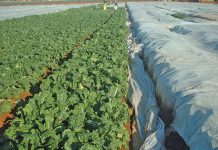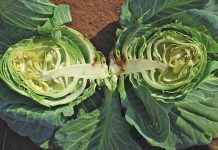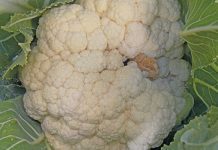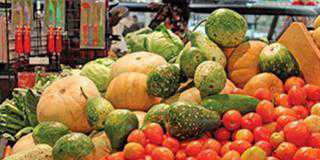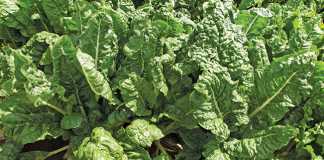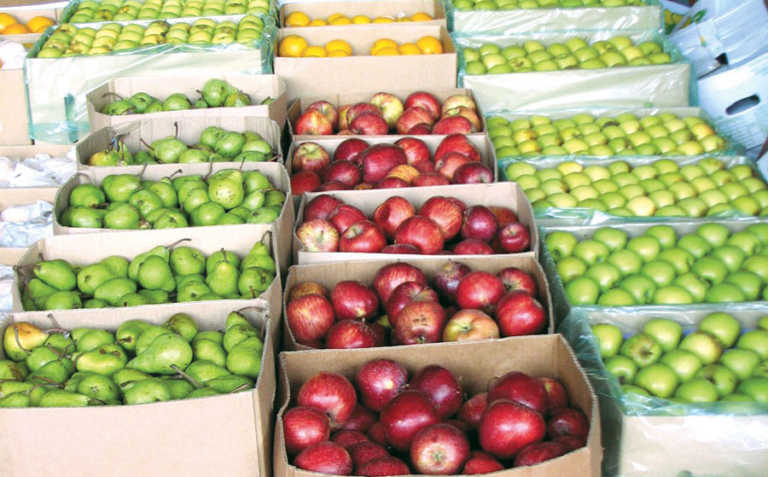
Photo: FW Archive
Finding an outlet to sell your produce as well as marketing your fruit and vegetables are vital if you want to switch from growing for yourself (subsistence) to making money from your efforts. But as many growers have found, this is often easier said than done.
READ: Behaviour at the markets
For one thing, marketing your fruit and vegetables involves planning. Find a market before planning your crop. In other words, it’s not a case of growing the vegetables, then finding somewhere to sell them.
You first need to find out what’s needed (the demand), then you must plan for the required quality and correct quantity, and make sure you can provide a continuous supply for your outlet.
This last point is very important when marketing your fruit and vegetables. Think how hard it would be if you had to find a new outlet for your produce every month – it’s the same with markets.
They need to know you can supply them what they want on a regular basis. So there must be a continuity of quality, quantity and supply.
There are many projects to help emerging farmers market their produce (see box: Definition: Marketing), but do some research on your own to know what options you have – especially since these are decisions you have to make before planning your crop.
In this way, you’ll get the best out of whatever project you choose.
Here is a brief overview of the markets available to a fruit and vegetable producer:
National fresh produce markets
Farmer can sell their produce on any of the 16 fresh produce markets around the country. These markets usually encourage farmers to use agents – people who sell your produce for you.
A good agent will work hard to get the best possible price for you. A 7,5% levy is paid to the agent, while the market opens a special account for each new farmer.
The income from the produce sold is paid into the account one day after the sale. Produce should be packed in bags or crates.
Chain stores
Chain stores like Spar and Pick n Pay buy vegetables from a farmer with a proven ability to deliver fresh produce throughout the season. Contracts are negotiated every year. Some stores require that the produce be kept in a cold room on the farm and transported in a refrigerated truck.
You may also have to pre-package and label according to the store’s specifications. Quality standards are normally high.
The store may give technical support to the contract grower.
Greengrocers
Greengrocers buy produce in bulk and add value by re-packing it into smaller bags. They may enter into contracts with farmers to supply specific produce.
Informal market
Some hawkers buy directly from producers. Competition is strong and profit margins are usually low – but the informal trade offers a good opportunity for the small producer of quality vegetables.
Export
There are a lot of rules and regulations when it comes to entering the export market. The National Agricultural Marketing Council (NAMC) can provide information about the requirements if this option is for you.
Visit www.namc.co.za.

